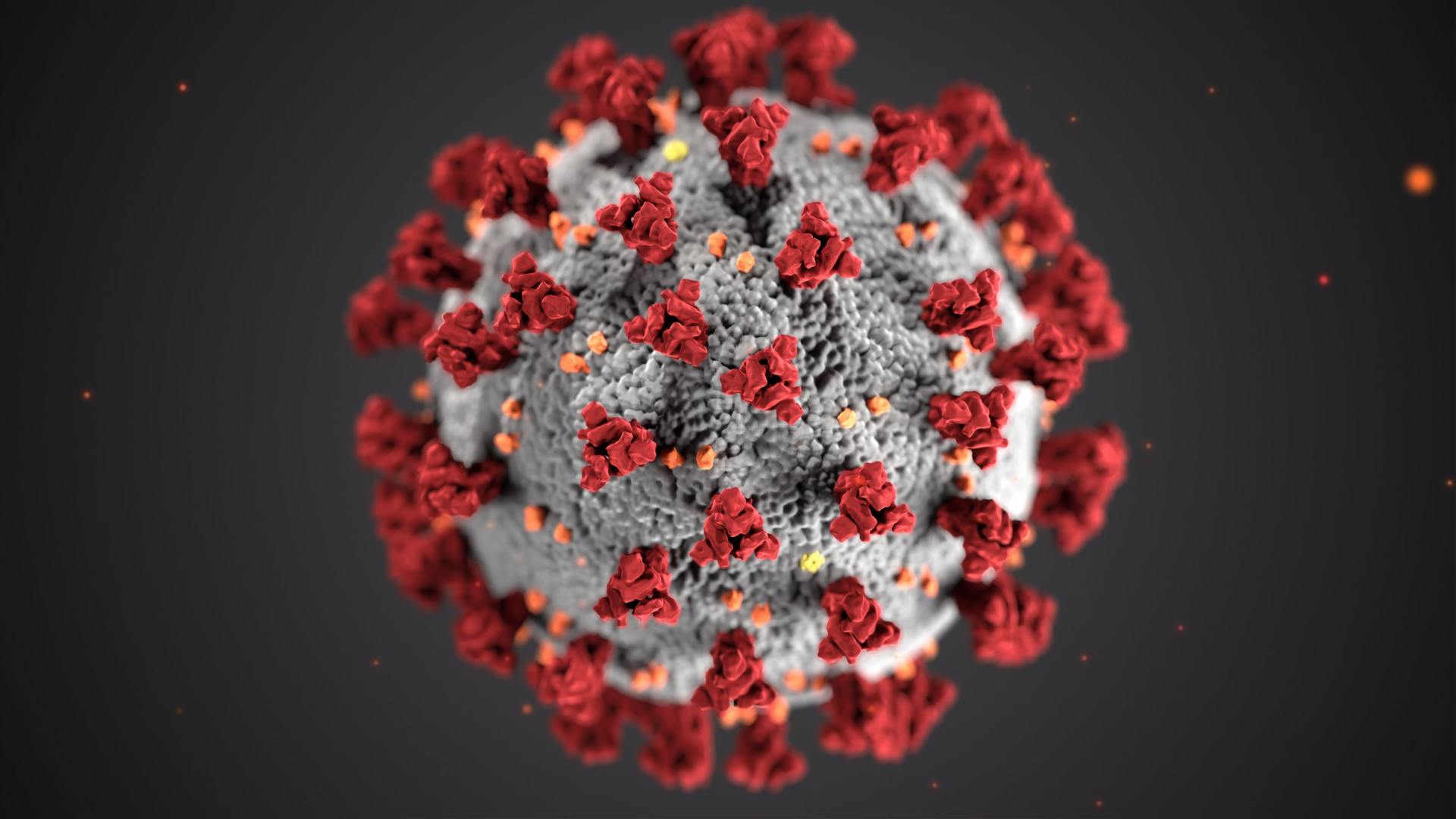Intestate Succession
If you do not have a Will or Trust in place at the time of your death (which is called dying "intestate"), your assets will be distributed under your state's "statutes of descent and distribution" through the probate process. For most people, this statutory distribution scheme is not what they would choose.
California's "default will" is set forth in the California Probate Code and gives a priority ranking to your heirs based on their relationship to you and the characterization of your property. This article presents the general rules of intestate succession. Note that there are many ancillary rules and exceptions to these rules based on various circumstances.
Intestate Share of Surviving Spouse or Domestic Partner
As to your community or quasi-community property, your surviving spouse will succeed to your entire one-half interest (in addition to already owning his or her one-half interest).
As to your separate property, the intestate share of your surviving spouse or domestic partner depends upon who else survives you:
- If you are not survived by children, grandchildren, parents, siblings, or nieces/nephews, your surviving spouse or domestic partner gets all of your separate property;
- If you are survived by only one child or the issue of a deceased child (your grandchild), or if you have no issue, but are survived by parents or their issue (your siblings, or if deceased siblings, your nieces/nephews), your surviving spouse or domestic partner gets one-half of your separate property;
- If you are survived by more than one child, one child and the issue of one or more deceased children, or the issue of two or more deceased children, your surviving spouse or domestic partner gets one-third of your separate property.
Intestate Share of Other Heirs
The portion of your intestate estate not passing to your surviving spouse or domestic partner (or if you have no surviving spouse or domestic partner, the entire estate), will pass to your heirs in the following order of priority, with heirs in each category taking equally and to the exclusion of all heirs in subsequent categories:
- your issue (your children, or if deceased, your grandchildren)
- your parents
- the issue of your parents (your siblings, or if deceased, your nieces/nephews)
- your grandparents, or if deceased, the issue of your grandparents (your aunts/uncles, or if deceased, your cousins)
- the issue of a predeceased spouse (your step-children)
- your next of kin (based on degree of relationship)
- your predeceased spouse's next of kin
- the State of California
Priority of Personal Representative
If you die intestate, the state statutes also give a priority ranking to who will serve as your personal representative in the probate court. Again, many people would not agree with this statutory order of priority.
- your surviving spouse or domestic partner
- your children
- your grandchildren
- your parents
- your siblings
- your nieces/nephews
- your grandparents
- your aunts/uncles, or if deceased, your cousins
- the issue of a predeceased spouse or domestic partner (your step-children)
- your next of kin (based on degree of relationship)
- your predeceased spouse's/domestic partner's next of kin
- a public administrator appointed by the court
Moreover, your administrator will have to post a bond commensurate with the size of your estate and will be subject to stringent court supervision. If you have a Will, you typically waive the bond requirement and give your executor authority to administer your estate under the California Independent Administration of Estates Act, thus minimizing court intervention.
Remember the old adage: "If you fail to plan, you plan to fail." You can avoid the state's intestate succession statutes by consulting an attorney and having your wishes clearly drafted in a Will or Trust.*The information contained herein is not to be construed as "legal advice." If legal advice is required, you should seek the services of a competent estate planning attorney.














